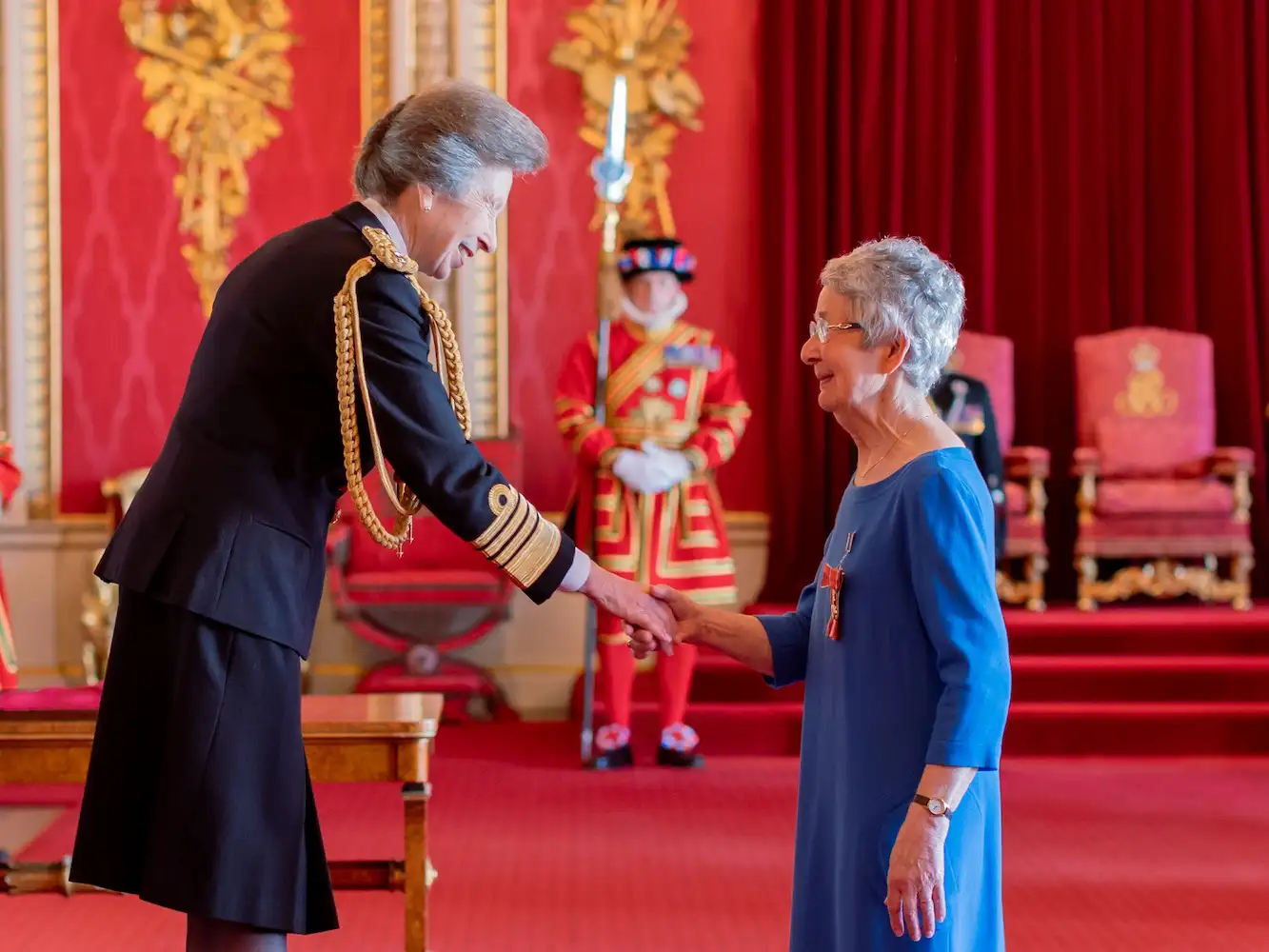‘Fleabag’ has prompted some important conversations, but more awareness is still needed
14th March 2019
Following an episode of BBC’s ‘Fleabag’, the Miscarriage Association has been asked by the media to comment on its portrayal of pregnancy loss.
In the first episode of series two of the show, Phoebe Waller-Bridge’s character, Fleabag, witnesses someone close to her have a miscarriage in a restaurant toilet.
The show has prompted some important conversations, but we think more needs to be done to raise awareness of the physical and emotional effects of pregnancy loss.
Understandably, some of our social media followers found the episode upsetting and triggering. But others have said that if they’d seen it prior to their own miscarriage, they probably would have felt more prepared for what was about to happen to them, and less alone.
When miscarriage is depicted in the media and on TV, it’s often shown as an emergency but it’s rare for it to include images or descriptions of the very heavy bleeding that can go on for days.
As shown in this episode of ‘Fleabag’, this doesn’t always occur in the privacy of your own home or even in hospital. When this happens, women have to cope with very difficult emotions and often shock, while also dealing with the practicalities. That might include thinking what to do with the pregnancy remains, however tiny or fragmented they are.
Educating earlier
The episode has sparked debate and calls for pregnancy loss to be discussed in schools as part of normal sex education classes, something that we support fully.
We think it’s great that this episode has created conversations, particularly about how many women don’t know what to expect when they realise they’re having a miscarriage, and that many partners, friends and colleagues don’t know how to support them.
By introducing the facts about miscarriage from an earlier age, people would know better how to get help. We should be talking about fertility and what happens when pregnancies go wrong, as well as preventing pregnancies and sexually transmitted diseases.
Sadly, miscarriage is part of life for many people, and all of us know far more people than we realise who have been through it.
If you or someone close to you has experienced a miscarriage, you can find more information and support here.

